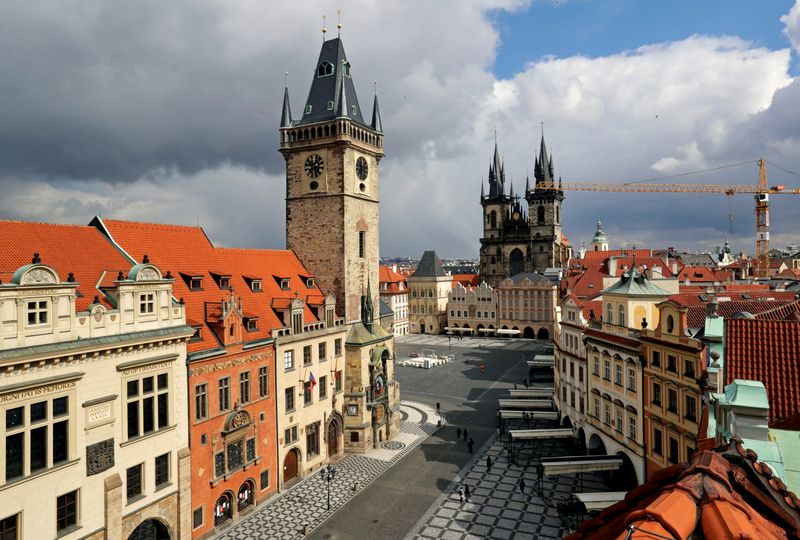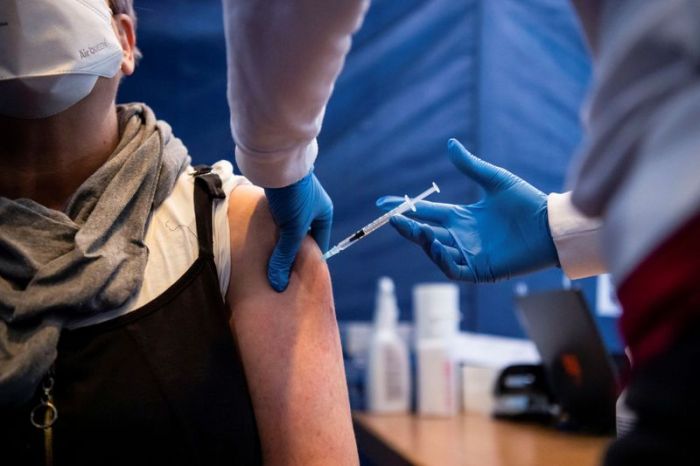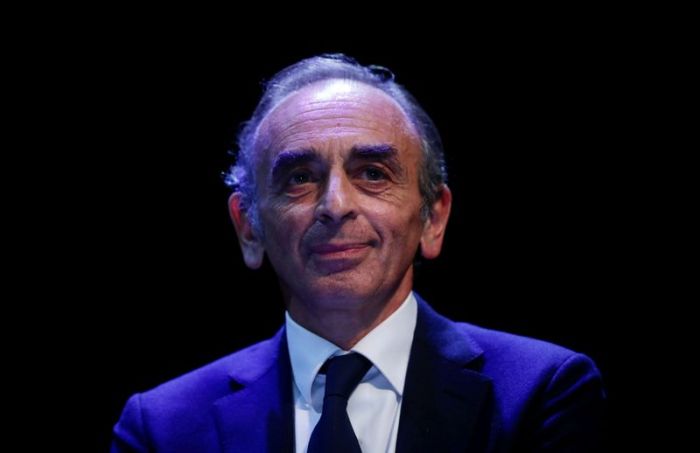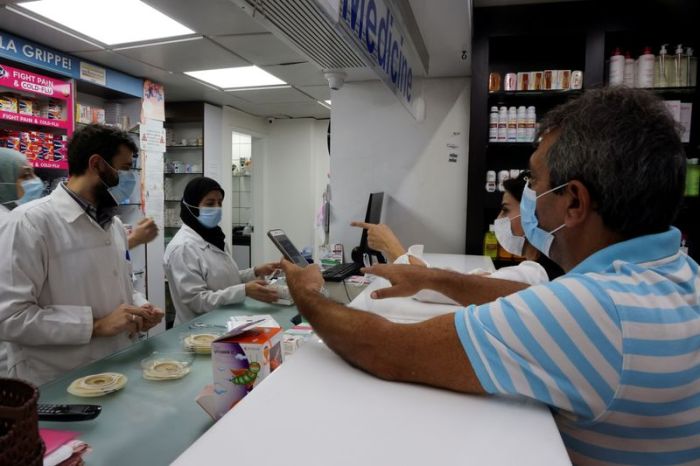PRAGUE (Reuters) – The Czech Republic and Slovakia tightened restrictions on people who have not had COVID-19 shots on Wednesday to try to encourage more to get vaccinated and ease the burden on hospitals.
The measures echo steps taken against unvaccinated people in Austria and parts of Germany as Europe faces rising infections.
The Czech government approved plans to allow only those who are vaccinated or have recovered from COVID-19 in the past six months to enter restaurants, attend certain events and use various other services from Monday.
Slovakia took a similar step, in what Prime Minister Eduard Heger called a “lockdown for the unvaccinated”.
The Czech Republic, a country of 10.7 million, reported a record 22,511 cases for one day on Tuesday and hospitals have been filling up although the number of patients – at about 4,500 – is about half the peak seen in March.
Both governments will also require testing for COVID-19 at workplaces.
“The main goal of these measures is motivation for vaccinations,” Czech Health Minister Adam Vojtech said.
With 58% of the population inoculated, the Czech vaccination rate is below the European Union average. Slovakia has the EU’s third-lowest rate, with 45% of the population inoculated, and many Slovak hospitals have filled up, especially in the east.
Bianka Krejciova, a spokesperson for Svet Zdravia, which runs 13 hospitals, said the situation in hospitals in eastern Slovakia was worse than in the previous wave of infections.
Many hospitals in both countries have reduced non-urgent care, and the Czech army has sent personnel to help.
About 10,000 protesters opposed the planned restrictions in the Czech capital Prague on Wednesday and some vaccination centres have faced verbal attacks.
“We fear that from Monday, when stricter restrictions come into place, it will get worse,” said a spokeswoman for the St Anna University Hospital in Brno, the second biggest Czech city.
(Reporting by Jan Lopatka and Jason Hovet; Writing by Jason Hovet; Editing by Hugh Lawson, Bernadette Baum and Timothy Heritage)

























